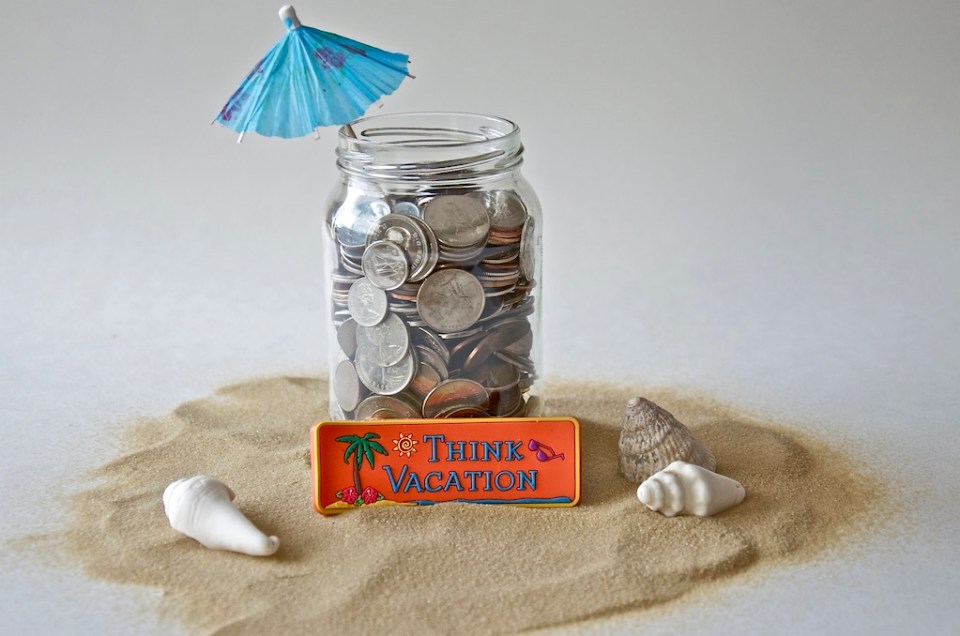The imagination of luxury hotels and expensive restaurants often overshadows the simple truth: travelling doesn’t have to empty your wallet. Country Helper, a service specialising in travel advice, proves that a frugal approach allows their clients to not only save money, but also enrich their experience by getting to know the culture and locals. Despite the common perception that saving money means sacrificing comfort, many travellers find a middle ground, for example by using a trip planning map; visit Country Helper to learn more about the service.
Keeping an eye on expenses when travelling doesn’t mean skimping on the innovations the world has to offer. It’s just a smart approach to budgeting that helps protect your wallet to open doors to more unique and unexpected adventures without breaking the bank. Let’s discuss how this is possible?
-
Budget planning: The start of a smart journey
Budget planning is your financial navigator in the world of travelling. It starts with accounting for unavoidable expenses, from transport, food, lodging, entertainment and communications to souvenirs. Modern travel apps and tools like TravelSpend and Trail Wallet can help you control your spending and avoid overspending. And Country Helper can help you plan your spending based on your chosen themed itinerary: culinary, medical or nature sightseeing. While a strict budget of foreseen expenses can be limiting, there is another item of spending — unforeseen. In the latter case, only flexible contingency planning allows you to look at constraints as opportunities rather than problems.
Listing some of the most unpredictable costs when travelling:
- Passport and Visa Fees: Unforeseen costs can arise if you need to get your documents processed urgently.
- Vaccinations and medication costs: This is the most often forgotten item of unexpected expenses.
- Travel Insurance: This is about optional travel insurance that can cover very likely medical expenses.
- Baggage fees: This can come as a surprise to you when you check-in for your flight.
- Seat selection fee: You have to pay separately for the best seat in the cabin.
- Airport Parking: The cost of long-term parking can be significant.
- Roaming and communications: It’s easy to forget about mobile phone rates when abroad, but the bills can be huge.
- Currency exchange and bank fees: Using ATMs and credit cards abroad may incur additional costs.
- Tourist Tax and Resort…
Click Here to Read the Full Original Article at Unusual Places…
